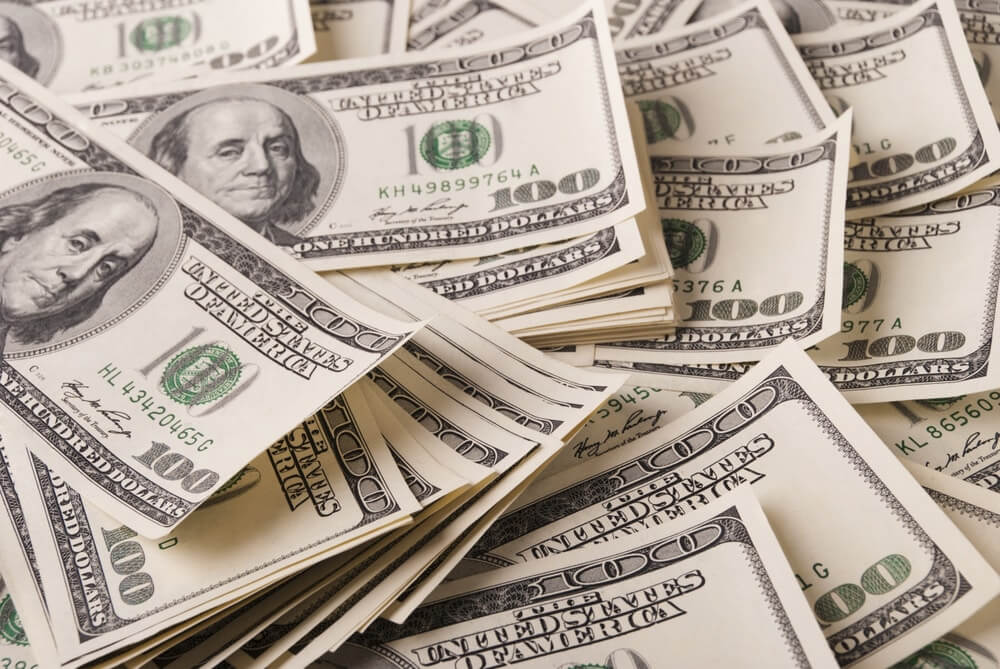
Dollar retreats from 16-Month high
The dollar fell on Thursday, settling just below its 16-month high, while the Turkish lira fell ahead of the country’s latest central bank meeting.
The Dollar Index measures the value of the US dollar against a basket of six other currencies. It was 0.1 percent lower at 95.775 after reaching its highest level since July 2020 on Wednesday at 96.226. In contrast, European Central Bank President Christine Lagarde stated that early interest rate hikes are not this week’s schedule. The Bank of Japan expects to continue adding stimulus to its beleaguered economy.
The Bank of England may be an exception among the G7 central banks after a spike in October inflation put pressure on it to raise rates at its meeting next month.
In Turkey, President Recep Tayyip Erdogan has continued to pressure the country’s central bank to lower interest rates.
Currencies
EUR/USD rose 0.2 percent to 1.1324 after falling below 1.13 for the first time since July 2020. USD/JPY was unchanged at 114.08, GBP/USD rose 0.2 percent to 1.3508, and AUD/USD rose 0.3 percent to 0.7291.
In recent weeks, the dollar has benefited from the market’s perception that the Federal Reserve will be more aggressive in combating rising inflation levels than many of its advanced economy peers. A perception reinforced in the last month by the solid labor market and retail sales data.
In anticipation of another rate cut, the USD/TRY rose 0.9 percent to 10.7041. Erdogan has intervened more directly in monetary policy. This year, the lira has already fallen nearly 30% against the dollar and more than 15% this quarter alone.
ECB monetary policy
The euro fell to its lowest level in 16 months this week as traders bet that the European Central Bank will maintain its accommodative policies despite widespread inflation, prompting policymakers in the United States and the United Kingdom to raise interest rates.
Traders are increasing their bets that the Federal Reserve and Bank of England will raise interest rates from historic lows over the next year, even as the ECB resists market expectations that it will increase borrowing costs in 2022. It has reversed a rally in early November. It was now at its lowest level since the early stages of the Covid pandemic in February 2020.
Investors, who were caught off guard by the Bank of England’s surprise decision to keep interest rates unchanged this month, are now betting that UK rates will rise to 0.25 percent in December, up from 0.1 percent now, to slow the faster-than-expected price rises.


